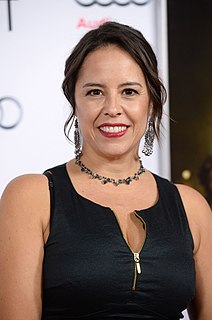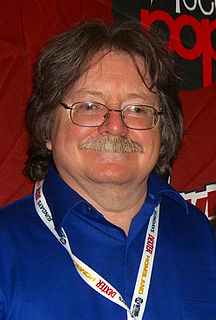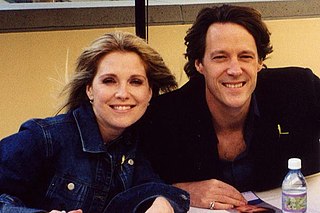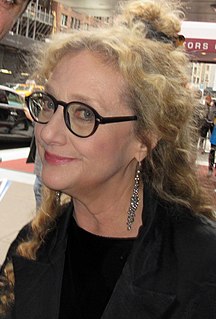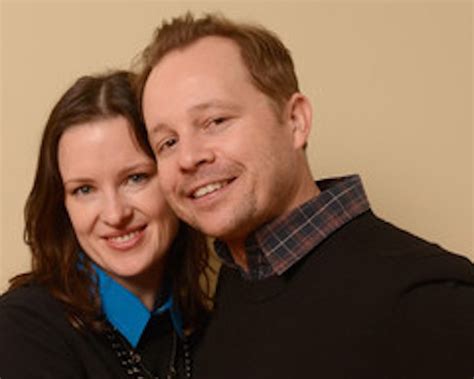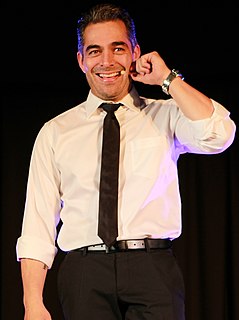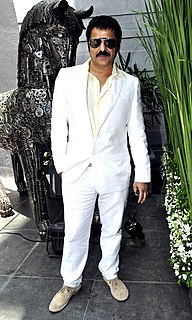A Quote by Patricia Riggen
I finally, you know, moved to Mexico City, where the film industry is. I started working there as a producer, which is a very, very valid thing for women to do, because we always produce for men, right?
Related Quotes
I was so lucky because I started working very young. And my father was very wealthy and I didn't need to work. I did my films. I was very well paid for my age, and I could make choices, decide not to do a film for six months and wait until I'd get the right thing. Which made me quite a coward, you know. It's so easy to say no to stuff, and then, after a while, it's very hard to go back in.
I come from gender-balanced workplaces. I started off working in medicine, and when I went through med school, it's 50/50 men and women. And when I started working as a doctor, it's 50/50 men and women. So I've always been very accustomed to women occupying pivotal roles in the professional environment.
A lot of nepotism that exists, actually, exists outside this industry because in this industry, behind the camera a director's son becomes a director and a producer's son becomes a producer and that is still understandable that they are carrying their legacy but for actors, it is very very different.
I feel that the thing about film and particularly about TV, actually, is it's being created now. We're living in the best time so far because there are many more women writing and women directing, women producing, and people are finally catching on to the fact that women want to go and buy tickets to see female characters and more than one in a film. So I actually think it's a very fertile time to be a woman over 40.
In the nineteenth century, in part because a ton of American men moved west, in part because of the Civil War, and in part because of trepidation about marriage, which was then a very confining institution, there was a big population of women - mostly middle-class white women on the East Coast - who didn't marry.
In the very beginning, women were editors because they were the people in the lab rolling the film before there was editing. Then when people like D. W. Griffith began editing, they needed the women from the lab to come and splice the film together. Cecil B. DeMille's editor was a woman. Then, when it became a more lucrative job, men moved into it.
Some men and women are inquisitive about everything, they are always asking, if they see any one with anything they ask what is that thing, what is it you are carrying, what are you going to be doing with that thing, why have you that thing, where did you get that thing, how long will you have that thing, there are very many men and women who want to know about anything about everything.
